Exploring Hot Wallets vs. Cold Wallets - Pros and Cons
In the ever-evolving world of cryptocurrency, the way we store our digital assets is crucial. With the rise of Bitcoin, Ethereum, and countless altcoins, the debate between hot wallets and cold wallets becomes increasingly relevant. Understanding these storage solutions can feel like navigating a maze, but don't worry! This article will shine a light on the differences, helping you decide the best route for your crypto journey.
Hot wallets are essentially your online bank account for cryptocurrencies. They are connected to the internet, which means they offer unparalleled convenience for those who frequently trade or transact. Imagine being able to access your funds anytime, anywhere—sounds great, right? However, this convenience comes with its own set of challenges. The very connection that makes hot wallets so user-friendly also opens the door to potential security risks. So, while you can easily send and receive cryptocurrencies, you need to be aware of the vulnerabilities that come with online accessibility.
On the flip side, cold wallets are like a safe deposit box for your cryptocurrencies. They are offline storage solutions, providing enhanced security for long-term holdings. Picture this: you lock away your valuables in a vault, knowing that they are safe from prying eyes and theft. Cold wallets come in various forms, including hardware wallets and paper wallets, each offering robust protection against hacking attempts. However, this added security often comes with limitations in accessibility, especially for those who prefer quick transactions. The balance between security and convenience is a dance that every crypto holder must navigate.
Hot wallets come in several flavors, each catering to different user preferences. Let's break them down:
- Web Wallets: Accessible through your browser, web wallets are incredibly user-friendly. However, their online nature can make them vulnerable to hacks.
- Mobile Wallets: These wallets allow you to manage your cryptocurrencies right from your smartphone. They offer convenience but require careful security practices.
- Desktop Wallets: Installed on your computer, desktop wallets provide a balance between security and accessibility, but they can be susceptible to malware.
Web wallets are the go-to choice for many due to their ease of use. They allow users to quickly access their funds from any device with an internet connection. However, this convenience comes with a caveat; web wallets can be vulnerable to phishing attacks and other online threats. It's essential to choose reputable providers and enable two-factor authentication to bolster security.
Mobile wallets offer the ultimate convenience for crypto enthusiasts on the go. With just a few taps, you can send and receive cryptocurrencies. However, users must be cautious about security. Always use strong passwords, keep your phone updated, and consider using biometric authentication to safeguard your assets.
Cold wallets provide a safe haven for your cryptocurrencies, ideal for long-term storage. Let's explore the main types:
- Hardware Wallets: These are physical devices that store your private keys offline. They are highly secure but can be pricey.
- Paper Wallets: A simple yet effective way to store your cryptocurrencies, paper wallets involve printing your keys and storing them securely. However, they can be easily lost or damaged.
The primary advantage of hot wallets is their quick access to funds. For active traders, this is a game changer. You can execute transactions in real-time, making it easier to capitalize on market fluctuations. Additionally, hot wallets often come with user-friendly interfaces, making them accessible even for those new to cryptocurrency. However, the convenience of hot wallets can lead to a false sense of security, so it's crucial to stay vigilant.
When it comes to security, cold wallets are the champions. They excel in safeguarding your assets from online threats, making them ideal for long-term investment strategies. If you're planning to hold onto your cryptocurrencies for years to come, a cold wallet is your best bet. The peace of mind knowing your assets are stored offline is invaluable, especially in a world where cyber attacks are increasingly common.
Despite their many advantages, hot wallets are not without flaws. Their online nature makes them susceptible to hacks and phishing attacks. If you're not careful, you could lose your assets in an instant. Additionally, the ease of access can lead to impulsive trading decisions that may not align with your long-term investment strategy. Risk management is crucial when using hot wallets.
While cold wallets offer superior security, they come with their own set of challenges. The most significant drawback is their lack of convenience for frequent transactions. If you need to access your funds quickly, the process can be cumbersome. Moreover, if you lose your hardware wallet or paper wallet, recovering your assets can be nearly impossible. Always ensure you have a backup plan in place!
- What is the best wallet for beginners? For beginners, a mobile wallet or a reputable web wallet is often recommended for ease of use.
- Can I use both hot and cold wallets? Absolutely! Many users utilize both for different purposes—hot wallets for daily transactions and cold wallets for long-term storage.
- How do I secure my hot wallet? Use strong passwords, enable two-factor authentication, and be cautious of phishing attempts.
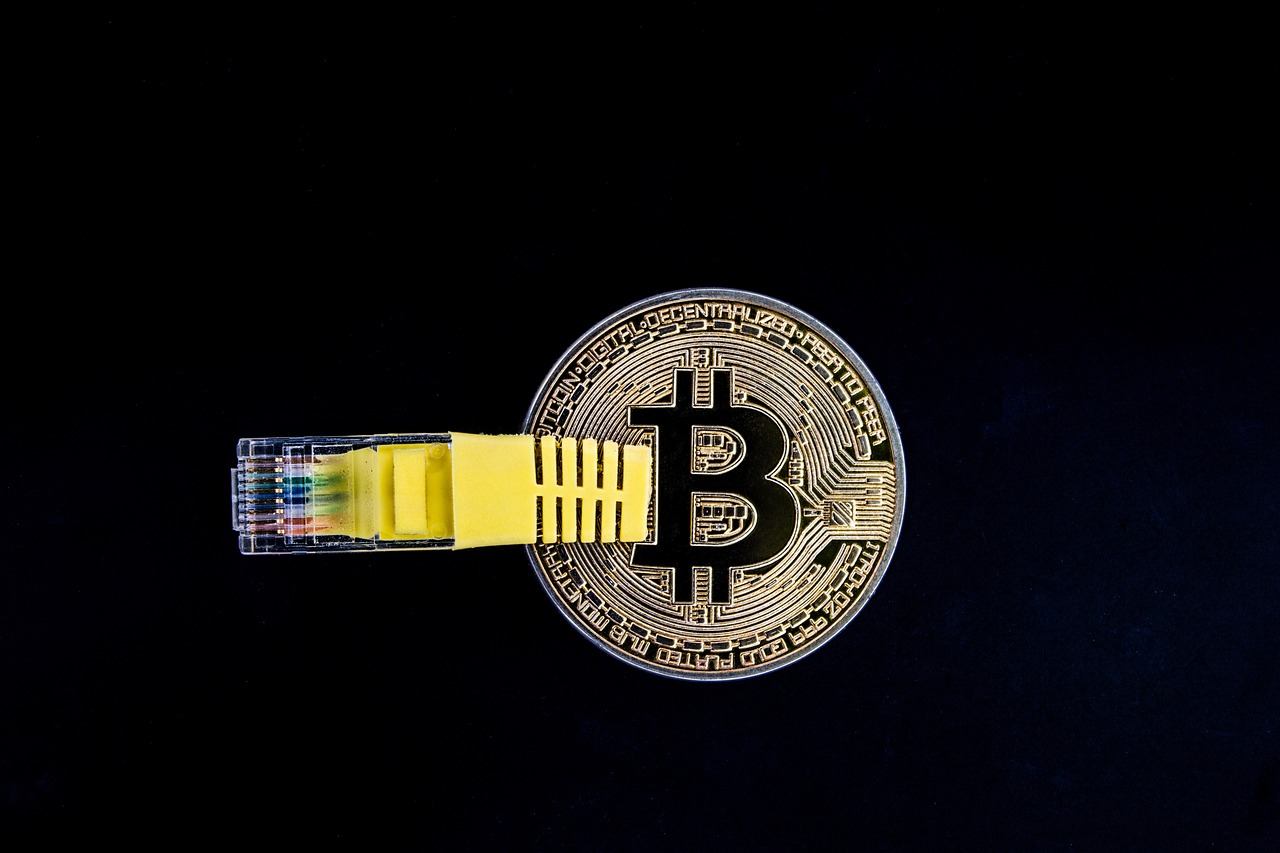
Understanding Hot Wallets
Hot wallets are a popular choice among cryptocurrency enthusiasts, primarily because they are connected to the internet. This connectivity makes them incredibly convenient for users who engage in frequent transactions. Imagine a hot wallet as your digital wallet that you carry around every day, allowing you to quickly access your funds whenever you need them. However, this ease of access comes with its own set of challenges.
One of the defining features of hot wallets is their ability to facilitate rapid transactions. Whether you're buying a coffee with Bitcoin or trading Ethereum on an exchange, hot wallets enable you to perform these actions in a matter of seconds. This speed is particularly advantageous for active traders who need to capitalize on market fluctuations. But, just like carrying cash in your pocket, having your funds readily available also means you need to be vigilant about security.
Hot wallets can be categorized into several types, each with unique characteristics. The most common types include:
- Web Wallets: Accessible through your browser, these wallets are user-friendly but can be vulnerable to phishing attacks.
- Mobile Wallets: These apps allow you to manage your cryptocurrencies on the go, making them perfect for everyday transactions.
- Desktop Wallets: Installed on your computer, they offer a balance between security and convenience, but still require an internet connection.
Despite their convenience, hot wallets are not without risks. Because they are always online, they can be targets for hackers and other malicious entities. It's essential to implement robust security measures, such as enabling two-factor authentication (2FA) and using strong, unique passwords. Additionally, being aware of potential phishing scams can help safeguard your assets.
In summary, hot wallets are a fantastic option for those who prioritize speed and convenience in their cryptocurrency transactions. However, users must remain cautious and proactive about security to protect their digital assets. The balance between accessibility and safety is crucial, and understanding the features and risks associated with hot wallets will empower users to make informed decisions about their cryptocurrency storage.

Understanding Cold Wallets
When it comes to safeguarding your cryptocurrency, cold wallets are often seen as the fortress in the digital realm. Unlike their hot counterparts, cold wallets are not connected to the internet, which significantly reduces the risk of hacking and online theft. Imagine storing your valuables in a bank vault rather than leaving them on your kitchen counter; that's the essence of what cold wallets offer. They are designed primarily for long-term storage, making them an ideal solution for those who wish to hold onto their assets without the constant worry of cyber threats.
There are two main types of cold wallets: hardware wallets and paper wallets. Hardware wallets are physical devices that store your private keys offline, often resembling USB drives. They provide a user-friendly interface and are equipped with advanced security features, making them a popular choice among cryptocurrency enthusiasts. On the other hand, paper wallets involve printing your private keys and public addresses on a piece of paper. While this method eliminates digital vulnerabilities, it comes with its own set of challenges, such as the risk of physical damage or loss.
Let’s take a closer look at the characteristics and advantages of cold wallets:
| Type of Cold Wallet | Security Level | Best Use Case |
|---|---|---|
| Hardware Wallet | High | Long-term storage for significant investments |
| Paper Wallet | Medium to High | Minimal transactions, extreme security needs |
The advantages of cold wallets are numerous. First and foremost, they provide a level of security that is hard to beat. Because they are offline, they are immune to online hacking attempts, phishing scams, and malware. This makes them a top choice for those who are serious about protecting their investments. Additionally, cold wallets often support a variety of cryptocurrencies, allowing users to manage multiple assets in one secure location.
However, it's essential to understand that cold wallets are not without their limitations. For instance, accessing your funds can be less convenient compared to hot wallets. If you need to make a quick transaction, the process of connecting a hardware wallet or retrieving a paper wallet can feel cumbersome. Furthermore, if you lose your hardware wallet or misplace your paper wallet, recovering your funds can become a daunting task. Thus, while cold wallets excel in security, they require a more thoughtful approach to usage.
In summary, cold wallets serve as a robust solution for those looking to store their cryptocurrencies safely. They offer unparalleled protection against online threats, making them an excellent choice for long-term investors. However, potential users should weigh the pros and cons carefully, considering their own needs and how frequently they plan to access their digital assets.
- What is the main advantage of using a cold wallet? The primary advantage is enhanced security, as cold wallets are not connected to the internet and are less susceptible to hacking.
- Can I use a cold wallet for daily transactions? While technically possible, it is not recommended due to the inconvenience and the time required to access the wallet.
- What types of cryptocurrencies can I store in a cold wallet? Most cold wallets support a variety of cryptocurrencies, but it's important to check compatibility before purchasing one.

Types of Hot Wallets
When it comes to managing your cryptocurrency, understanding the different types of hot wallets is essential. Hot wallets are digital wallets that are connected to the internet, providing users with a convenient way to store and access their cryptocurrencies. They come in various forms, each tailored to different needs and preferences. Let’s dive into the main types of hot wallets and explore their unique characteristics.
The first type is web wallets. These wallets are accessible through your web browser, making them incredibly user-friendly. Imagine being able to check your crypto balance or make a transaction from any device with internet access! However, this convenience comes with a caveat: web wallets can be more vulnerable to hacking attempts. It's crucial to choose a reputable service provider and implement strong security measures, like two-factor authentication, to mitigate these risks.
Next, we have mobile wallets. These wallets are designed specifically for smartphones, allowing users to manage their cryptocurrencies on the go. Think of them as your digital wallet, but much cooler! Mobile wallets often come with features like QR code scanning for easy transactions and built-in security options such as biometric authentication. However, just like web wallets, they are still connected to the internet and can be susceptible to malware or phishing attacks. Therefore, it’s essential to keep your device secure and only download apps from trusted sources.
Lastly, there are desktop wallets. These are software applications that you install on your computer. Desktop wallets offer a balance between convenience and security, as they allow you to store your cryptocurrencies offline while still being able to connect to the internet when needed. They often come with robust security features, such as encryption and backup options. However, just like any software, they can be vulnerable to malware if your computer isn't adequately protected. Regular updates and using antivirus software can help safeguard your assets.
To sum it up, here’s a quick comparison of the three types of hot wallets:
| Type | Accessibility | Security Level | Best Use Case |
|---|---|---|---|
| Web Wallets | High | Medium | Frequent transactions |
| Mobile Wallets | Very High | Medium | On-the-go management |
| Desktop Wallets | Medium | High | Long-term storage with occasional access |
In conclusion, choosing the right type of hot wallet depends on your specific needs and how you plan to use your cryptocurrencies. Whether you prioritize accessibility or security, understanding these options will help you make an informed decision that aligns with your cryptocurrency management strategy.
- What is a hot wallet? A hot wallet is a type of cryptocurrency wallet that is connected to the internet, allowing for quick access and transactions.
- Are hot wallets safe? While hot wallets offer convenience, they can be more vulnerable to hacking. It's important to use strong security measures.
- Can I use multiple types of hot wallets? Yes! Many users opt for a combination of web, mobile, and desktop wallets to balance convenience and security.
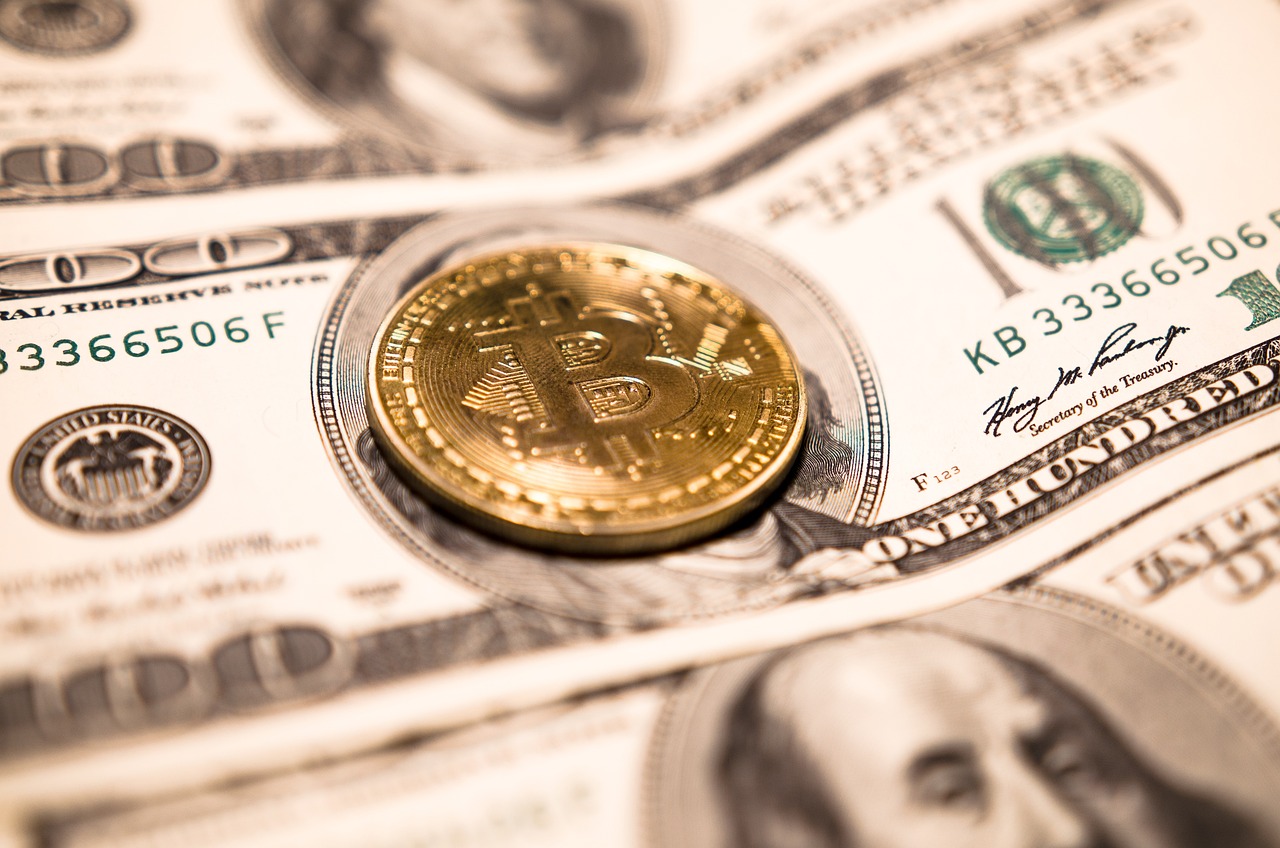
Web Wallets
Web wallets are a popular choice among cryptocurrency users due to their accessibility and ease of use. These wallets operate through a web browser, allowing users to manage their digital assets from any device with an internet connection. Imagine being able to access your funds as easily as checking your email or social media accounts! However, this convenience comes with its own set of challenges.
One of the primary advantages of web wallets is their user-friendly interface. Most platforms are designed for both beginners and experienced users, making it simple to send, receive, and store cryptocurrencies. Additionally, web wallets typically offer features such as transaction history, balance tracking, and even integration with exchanges for trading purposes. However, while they are incredibly convenient, the fact that they are always online makes them vulnerable to hacking and phishing attacks.
Security measures are crucial when using web wallets. Many reputable web wallet providers implement strong security protocols, including two-factor authentication (2FA), encryption, and regular security audits. Nevertheless, users must remain vigilant. Here are some best practices to enhance your security when using web wallets:
- Use Strong Passwords: Always create complex passwords that include a mix of letters, numbers, and symbols.
- Enable Two-Factor Authentication: This adds an extra layer of security by requiring a second form of verification.
- Be Wary of Phishing Scams: Always double-check URLs and avoid clicking on suspicious links.
- Keep Software Updated: Regular updates can protect you from vulnerabilities.
Despite these risks, web wallets can be ideal for users who engage in frequent transactions, such as day traders or those who regularly buy and sell cryptocurrencies. They offer the perfect blend of accessibility and functionality for those who need to act quickly in the fast-paced world of crypto trading.
In conclusion, while web wallets provide an easy and convenient way to manage your cryptocurrency, they require users to be proactive about their security. Balancing convenience with caution is key to enjoying the benefits of web wallets without falling victim to potential threats.
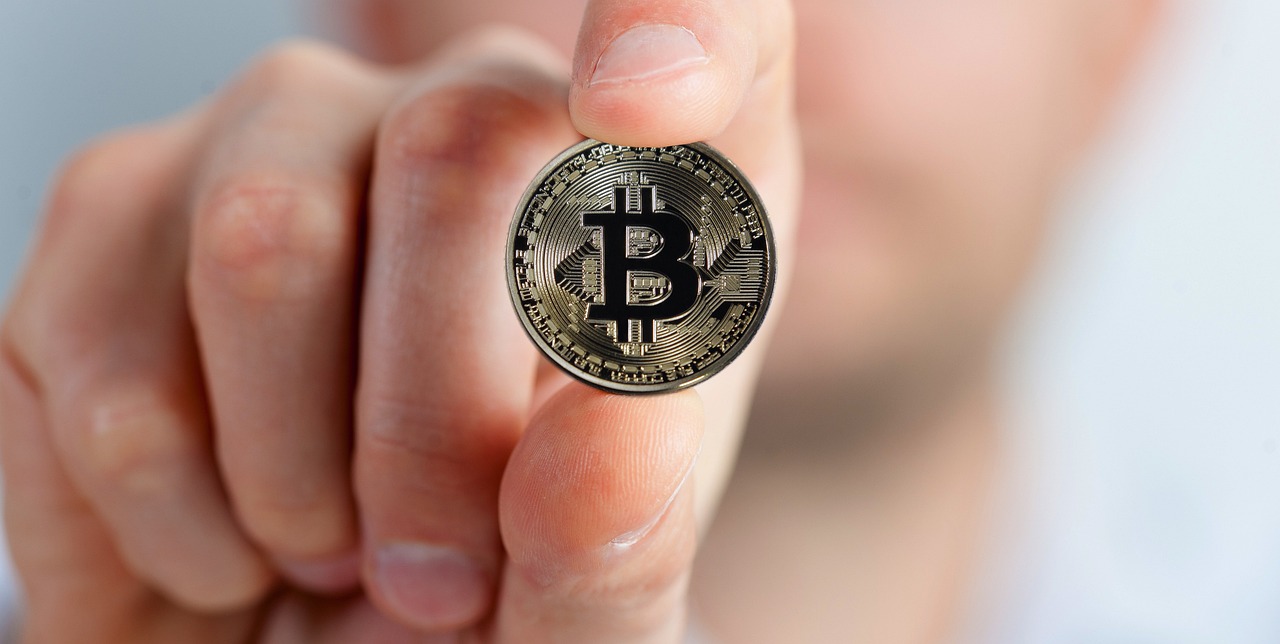
Mobile Wallets
Mobile wallets have revolutionized the way we handle our cryptocurrencies, bringing a sense of convenience right to our fingertips. Imagine having the ability to manage your digital assets on-the-go, whether you're waiting for your morning coffee or commuting to work. These wallets are essentially applications that you can download on your smartphone, making them incredibly accessible. But what makes mobile wallets so appealing? Let’s break it down.
One of the standout features of mobile wallets is their user-friendly interface. Most of these applications are designed with the average user in mind, meaning that even those who are not tech-savvy can navigate through them with ease. You can send, receive, and store cryptocurrencies all from a single app, which is a huge plus for anyone looking to engage in frequent transactions. However, while the convenience is undeniable, it’s important to remember that this accessibility comes with its own set of risks.
Security is a major concern when it comes to mobile wallets. While many apps implement robust security measures such as biometric authentication (like fingerprint or face recognition), it’s crucial for users to take additional steps to protect their assets. Enabling two-factor authentication (2FA) is highly recommended, as it adds an extra layer of security. Moreover, always ensure that you download wallets from reputable sources, such as official app stores, to avoid falling prey to malicious software.
Another thing to consider is the compatibility of mobile wallets with different cryptocurrencies. Most mobile wallets support a variety of digital currencies, but some may be limited to just a few. It’s essential to do your research and choose a wallet that meets your specific needs. Additionally, some wallets offer features like built-in exchanges, allowing you to swap cryptocurrencies without leaving the app, which can be a game-changer for active traders.
However, it’s not all sunshine and rainbows. Mobile wallets can be susceptible to hacks, especially if the device itself is compromised. Imagine losing your phone or having it stolen; without proper security measures, you might be putting your funds at risk. Therefore, backing up your wallet and keeping your recovery phrases in a safe place is non-negotiable.
In summary, mobile wallets are an excellent choice for those who prioritize convenience and ease of use. They are perfect for everyday transactions and provide a seamless experience for managing cryptocurrencies. Just remember to stay vigilant about security practices, and you can enjoy all the benefits they offer without compromising your assets.

Types of Cold Wallets
When it comes to safeguarding your cryptocurrency, cold wallets are your best friends. They are designed to keep your digital assets offline, away from the prying eyes of hackers and malicious software. There are primarily two types of cold wallets: hardware wallets and paper wallets. Each type has its own unique characteristics, benefits, and ideal use cases.
Hardware wallets are physical devices that store your cryptocurrency offline. Think of them as a safe deposit box for your digital assets. They come with built-in security features, such as PIN codes and recovery seed phrases, which protect your funds from unauthorized access. Popular examples include the Ledger Nano S and Trezor. These devices connect to your computer or smartphone via USB or Bluetooth, allowing you to manage your cryptocurrencies without exposing them to the internet.
On the other hand, paper wallets are a more traditional approach to cold storage. They consist of a physical piece of paper that contains your public and private keys. This method is often considered the ultimate form of cold storage because it is entirely offline and immune to hacking. However, it does come with its own set of challenges. For instance, if you lose the paper or it gets damaged, you could lose access to your funds forever. Therefore, it’s crucial to keep your paper wallet in a safe and secure location.
To give you a clearer picture, here’s a quick comparison of the two types of cold wallets:
| Type | Security | Convenience | Best Use Case |
|---|---|---|---|
| Hardware Wallets | High | Moderate | Long-term storage with occasional access |
| Paper Wallets | Very High | Low | Long-term storage for those who don’t need frequent access |
In summary, both hardware and paper wallets serve the essential purpose of keeping your cryptocurrency safe from online threats. However, they cater to different needs. If you’re looking for a balance between security and convenience, hardware wallets might be your go-to choice. If you’re a long-term investor who doesn’t plan on making frequent transactions, a paper wallet could be the way to go. Just remember, with great security comes great responsibility—always ensure you have backup methods in place to access your funds.
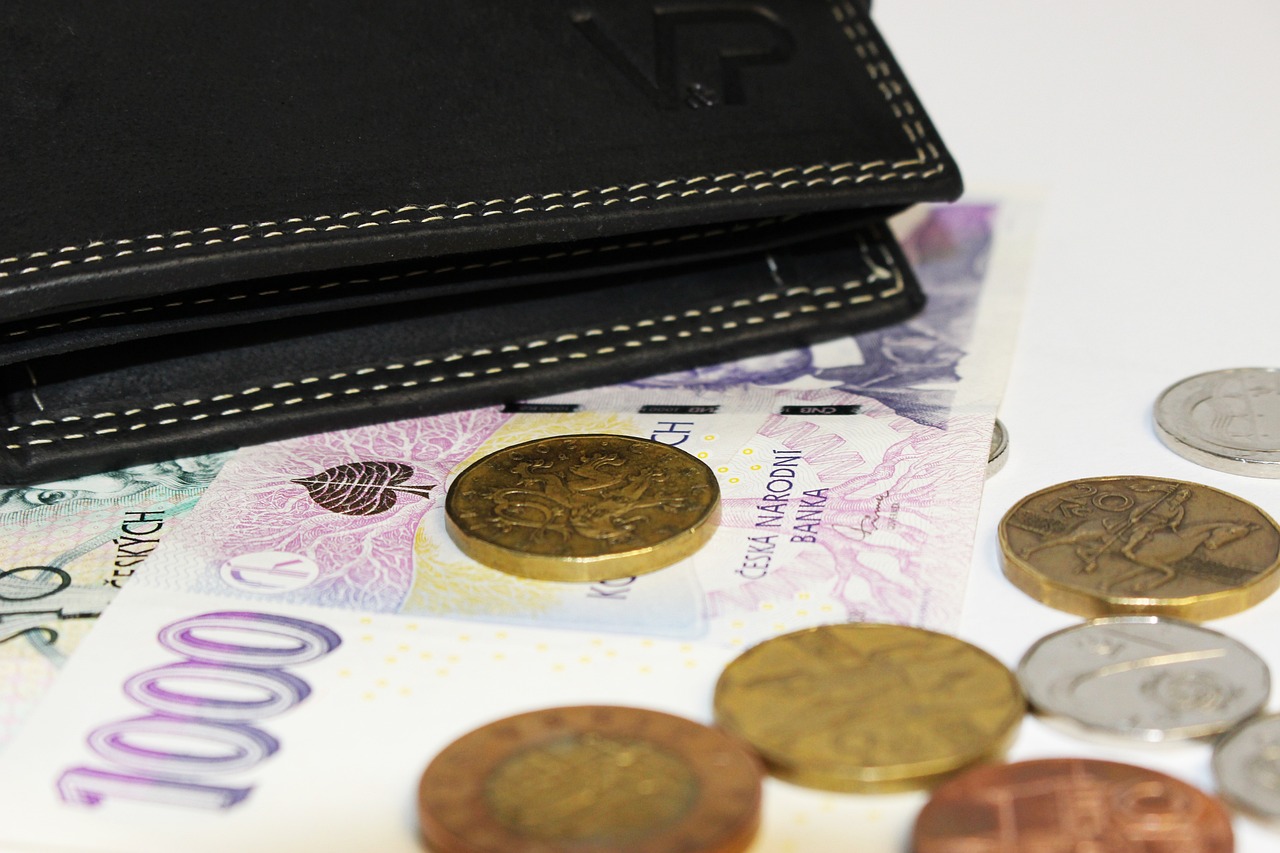
Pros of Hot Wallets
Hot wallets are like the friendly neighborhood barista who knows your order by heart—they're incredibly convenient and always within reach. One of the standout advantages of hot wallets is their speed of access. Whether you’re trading cryptocurrencies or simply checking your balance, hot wallets allow you to perform transactions almost instantly. This immediacy is crucial for active traders who need to react quickly to market fluctuations. Imagine trying to buy a ticket to a concert that’s selling out fast; you wouldn’t want to be stuck waiting in line at the box office, right? Hot wallets eliminate that wait time.
Another key benefit is their user-friendly interface. Most hot wallets are designed with the average user in mind, making them accessible even for those who are new to the cryptocurrency world. With intuitive layouts and straightforward navigation, users can easily send, receive, and manage their digital assets without feeling overwhelmed. This ease of use is especially appealing for people who may not be tech-savvy but still want to dip their toes into the crypto pool.
Additionally, hot wallets often come equipped with integrated features that enhance the overall user experience. For instance, many hot wallets provide real-time market data, allowing users to monitor price changes and make informed decisions on the fly. Some even offer built-in exchanges, enabling seamless trading without the need to transfer funds to another platform. This all-in-one functionality can save users both time and effort.
However, it's important to note that while hot wallets are fantastic for frequent transactions, they also come with their own set of risks. The convenience of being online means they are more susceptible to hacking and phishing attacks. Therefore, it’s crucial for users to implement strong security measures, such as two-factor authentication and strong passwords. Just like you wouldn’t leave your front door wide open in a busy neighborhood, safeguarding your hot wallet is essential.
In summary, hot wallets shine in terms of accessibility, ease of use, and integrated features. They are perfect for those who engage in frequent transactions and want to stay on top of their crypto game. However, always remember to stay vigilant and protect your assets, as the digital landscape can be a wild west at times!
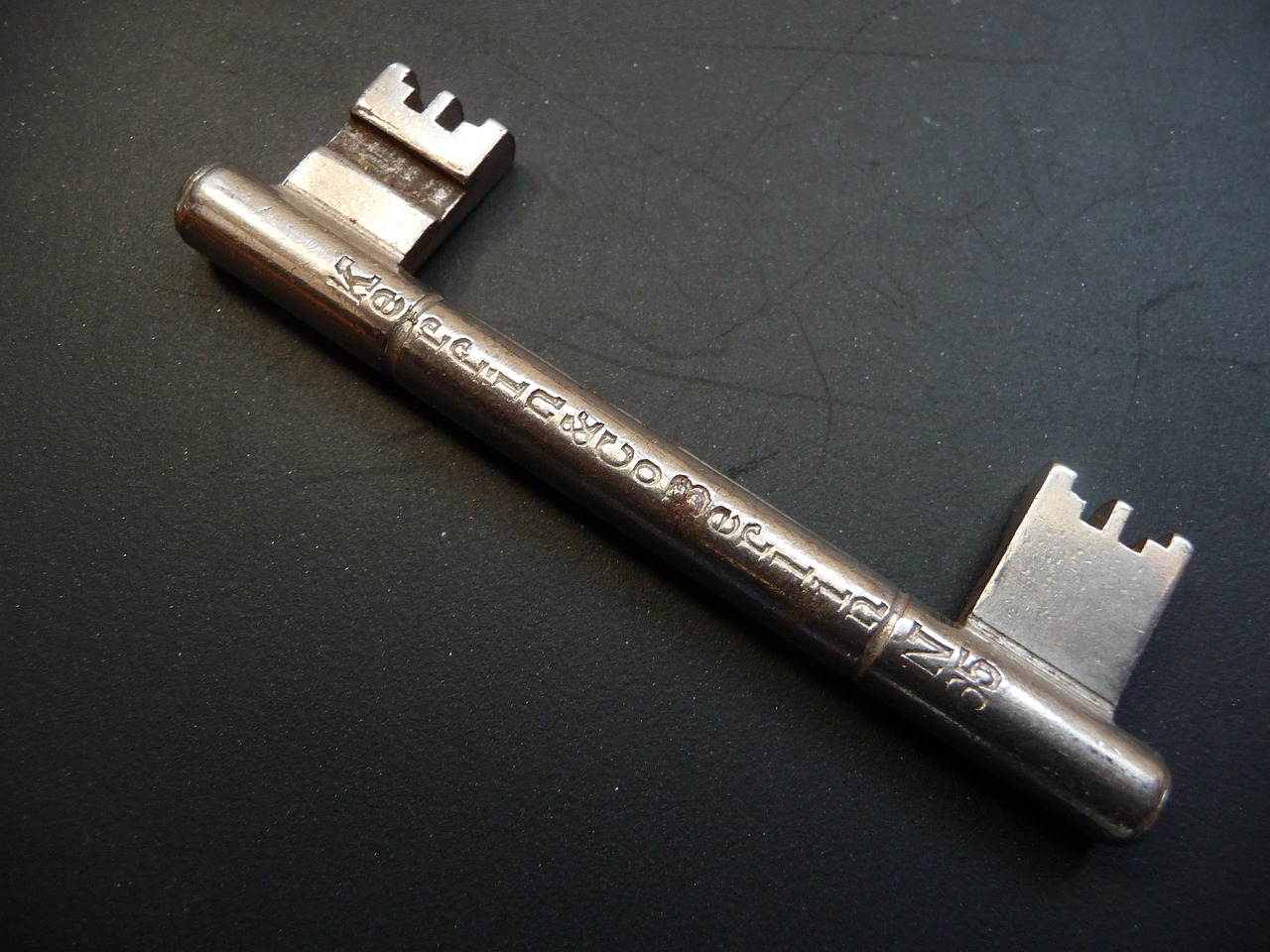
Pros of Cold Wallets
When it comes to storing your hard-earned cryptocurrency, cold wallets shine as the champions of security. These offline storage solutions are designed to keep your assets safe from the prying eyes of hackers and cyber threats. Imagine locking your valuables in a safe instead of leaving them out in the open; that's the essence of using a cold wallet. One of the most significant advantages of cold wallets is their ability to provide a high level of security. Since they are not connected to the internet, they are inherently less vulnerable to online attacks. This isolation is a game-changer for anyone serious about protecting their investments.
Another compelling reason to consider cold wallets is their long-term storage capability. If you're in it for the long haul and plan to hold onto your cryptocurrencies for years, cold wallets offer a peace of mind that hot wallets simply can't match. You wouldn’t leave your retirement savings in a checking account, right? Similarly, cold wallets are perfect for long-term investors who want to ensure their assets are secure for the future.
Furthermore, cold wallets often come in different forms, such as hardware wallets and paper wallets. Each type has its own unique features that cater to various user preferences. For instance, hardware wallets are compact devices that store your private keys offline, while paper wallets involve printing your keys on paper. This variety allows users to choose a method that best fits their lifestyle and security needs.
Security features in cold wallets are also noteworthy. Many hardware wallets come equipped with advanced encryption and two-factor authentication (2FA) to add an extra layer of protection. This means that even if someone gets their hands on your wallet, they would still need additional credentials to access your funds. It’s like having a double lock on your front door—extra security can make all the difference.
In addition, cold wallets are not just about security; they also provide a sense of ownership and control. Users are not reliant on third-party services to manage their funds, which can often lead to vulnerabilities. With a cold wallet, you are the sole custodian of your assets. This autonomy can be incredibly empowering, especially in a world where financial institutions can sometimes feel out of touch with individual needs.
Finally, let’s not forget about the potential for cost-effectiveness. While there may be an initial investment in purchasing a hardware wallet, the long-term savings from avoiding potential hacks and losses can far outweigh that cost. Think of it as an insurance policy for your cryptocurrency; the upfront cost can save you from devastating losses down the line.
In summary, cold wallets provide numerous benefits that make them an attractive option for anyone serious about cryptocurrency investment. With their robust security features, long-term storage capabilities, and user autonomy, they are an essential tool in the arsenal of any crypto enthusiast.
- What is a cold wallet? A cold wallet is an offline storage solution for cryptocurrencies, designed to provide enhanced security against online threats.
- Are cold wallets completely safe? While they are much safer than hot wallets, no storage method is 100% foolproof. It's essential to follow best practices for security.
- Can I access my funds easily with a cold wallet? Accessing funds in a cold wallet is less convenient than in a hot wallet, as it requires more steps to connect and verify transactions.
- What types of cold wallets are available? The two main types are hardware wallets and paper wallets, each with its own advantages and disadvantages.
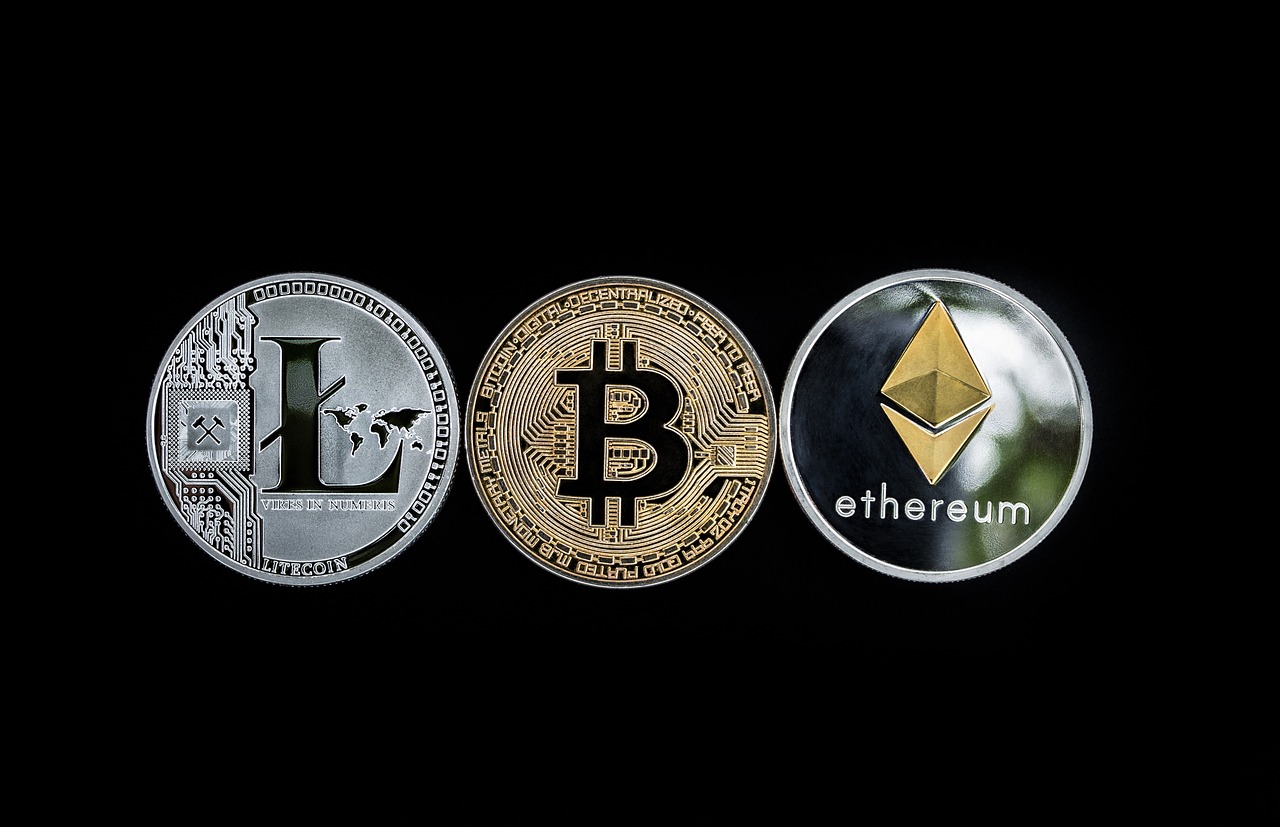
Cons of Hot Wallets
While hot wallets offer incredible convenience for cryptocurrency transactions, they come with their own set of drawbacks that every user should be aware of. The primary concern revolves around security risks. Since hot wallets are connected to the internet, they are inherently more vulnerable to hacking attempts, phishing scams, and malware. Imagine leaving your front door wide open; that’s essentially what using a hot wallet can feel like in the vast digital landscape. With cybercriminals constantly on the prowl, the risk of losing your hard-earned assets increases significantly.
Another downside is the potential for human error. Users might mistakenly send funds to the wrong address or fall victim to scams, especially if they are not well-versed in the intricacies of cryptocurrency transactions. It’s like sending a letter to the wrong address; once it’s gone, there’s often no way to retrieve it. Additionally, the ease of access that hot wallets provide can lead to impulsive trading decisions, which might not always be in the user's best interest.
Privacy concerns also come into play. Many hot wallets require users to provide personal information, which can be a double-edged sword. While this might facilitate easier recovery of accounts, it also means that your data is more susceptible to breaches. Think of it as giving out your phone number; it might seem harmless, but once shared, it can lead to unwanted solicitations or worse.
Furthermore, hot wallets often rely on third-party services, which means that users must place a degree of trust in these platforms. If a service provider experiences downtime or goes out of business, users could find themselves locked out of their funds. This situation is akin to storing your valuables in a bank that suddenly shuts its doors—your access is cut off, and you're left in a lurch.
Lastly, while hot wallets are great for everyday transactions, they are not ideal for long-term storage of significant amounts of cryptocurrency. The volatility of the crypto market can be exacerbated by the ease of quick access, leading to situations where users might overreact to market changes. In essence, if you’re serious about investing, using a hot wallet for large sums could be like keeping all your savings in your pocket; it’s just not safe.
In summary, while hot wallets provide unmatched convenience, they come with substantial risks that can jeopardize your cryptocurrency investments. Understanding these cons is crucial for anyone looking to navigate the complex world of digital assets safely.
- What is the main disadvantage of using a hot wallet? The main disadvantage is the security risk due to its online nature, making it vulnerable to hacking and phishing attacks.
- Can I recover my funds if I lose access to my hot wallet? Recovery depends on the wallet provider and whether you have backup recovery options in place.
- Are hot wallets suitable for long-term storage? No, hot wallets are generally not recommended for long-term storage of large amounts of cryptocurrency due to security concerns.
- What should I do to enhance the security of my hot wallet? Use strong passwords, enable two-factor authentication, and be cautious of phishing attempts to enhance your hot wallet's security.
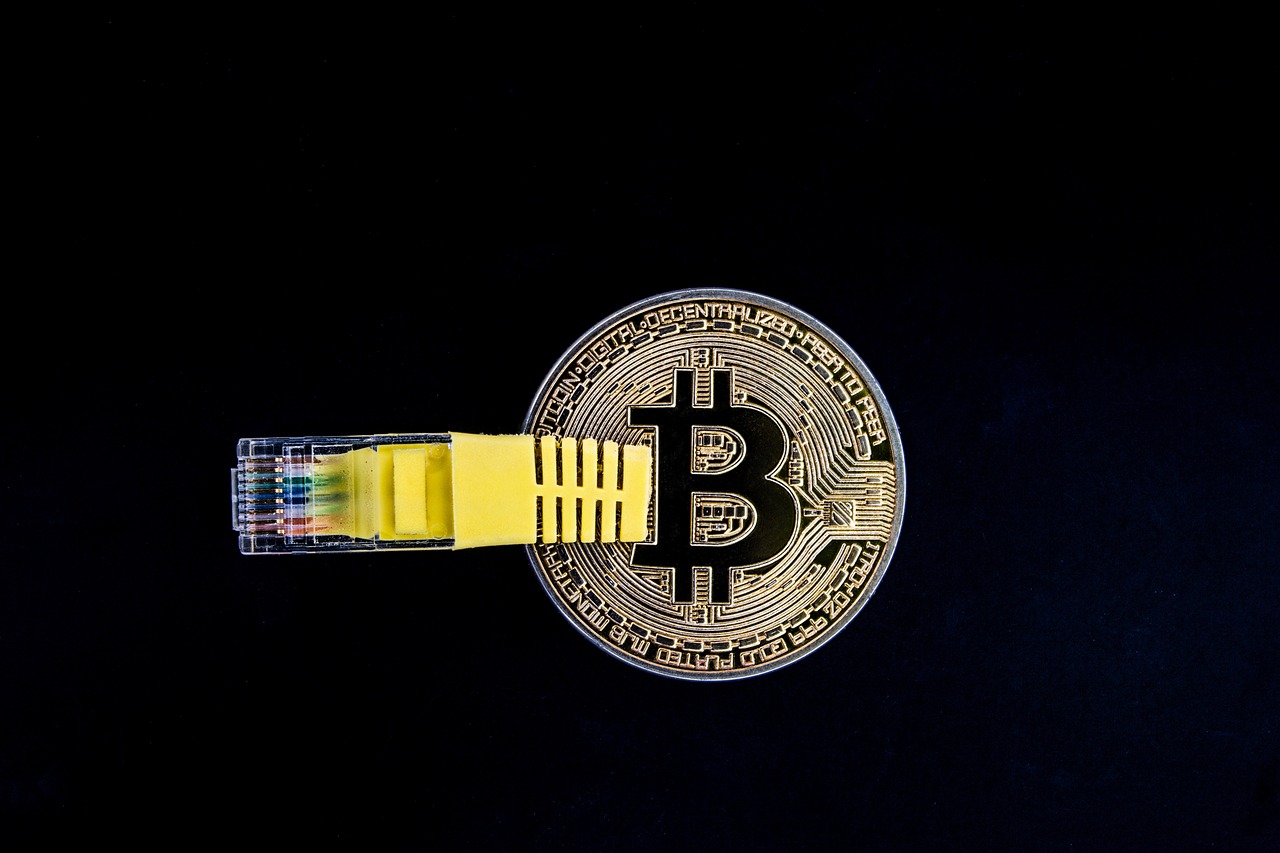
Cons of Cold Wallets
While cold wallets are often heralded as the fortress of cryptocurrency storage, they do come with their own set of challenges that can make them less appealing for certain users. First and foremost, one of the biggest drawbacks is the lack of convenience. Since cold wallets are offline, accessing your funds can be a bit cumbersome, especially if you need to make a quick transaction. Imagine needing to buy something immediately but having to dig out your hardware wallet and connect it to your computer – it can feel like trying to find your keys when you're already late for an appointment!
Another significant con is the risk of loss. If you misplace your cold wallet or, worse yet, forget the recovery phrase associated with it, you could be locked out of your assets permanently. This scenario is akin to losing a treasure map; without it, the riches remain forever buried. Unlike hot wallets, where you can often recover your account through various online means, cold wallets require a much more meticulous approach to ensure you don’t lose access to your funds.
Furthermore, cold wallets can also pose challenges when it comes to updating software. Many hardware wallets require periodic updates to maintain security and functionality. Failing to keep your wallet updated can expose you to vulnerabilities. This is similar to how your smartphone needs regular updates to fend off new security threats. If you ignore these updates, you might find yourself in a precarious situation.
Additionally, cold wallets can be less user-friendly, especially for those who are new to cryptocurrency. The technical jargon and setup processes can be daunting, making it feel like you need a degree in computer science just to get started. This complexity can deter potential users who might otherwise benefit from the enhanced security that cold wallets offer.
Lastly, cold wallets may not be the best option for frequent traders. If you’re someone who thrives on the excitement of buying and selling cryptocurrencies multiple times a day, the process of transferring funds from a cold wallet to an exchange can be tedious. You might find yourself constantly juggling between your cold storage and the hot wallets needed for trading, which can be frustrating and time-consuming.
In summary, while cold wallets offer superior security, they come with significant downsides that users must consider. The balance between security and convenience is a delicate one, and understanding these cons can help you make a more informed decision about how to store your cryptocurrency.
- What is the main disadvantage of using a cold wallet? The main disadvantage is the lack of convenience and accessibility, especially for frequent transactions.
- Can I lose my cryptocurrency stored in a cold wallet? Yes, if you lose your cold wallet or forget your recovery phrase, you may permanently lose access to your funds.
- Are cold wallets user-friendly? Cold wallets can be less user-friendly, particularly for beginners, due to their technical setup and maintenance requirements.
- Do I need to update my cold wallet? Yes, it is essential to keep your cold wallet's software updated to protect against security vulnerabilities.
- Is a cold wallet suitable for active trading? Generally, cold wallets are not ideal for active trading due to the cumbersome process of transferring funds.
Frequently Asked Questions
- What is the main difference between hot wallets and cold wallets?
The key difference lies in their connectivity. Hot wallets are connected to the internet, making them convenient for quick transactions, whereas cold wallets are offline, offering enhanced security for long-term storage.
- Are hot wallets safe for storing cryptocurrency?
While hot wallets provide ease of access, they are more vulnerable to hacks and online threats. It's crucial to implement security measures, like two-factor authentication, to mitigate risks.
- Can I use both hot and cold wallets?
Absolutely! Many users opt for a combination of both. You can keep a portion of your assets in a hot wallet for daily transactions while storing the majority in a cold wallet for security.
- What types of hot wallets are available?
Hot wallets come in various forms, including web wallets, mobile wallets, and desktop software. Each has its unique features and user experiences, catering to different needs.
- How do cold wallets provide better security?
Cold wallets, such as hardware and paper wallets, store your cryptocurrency offline, making them immune to online hacking attempts. This added layer of security is ideal for long-term holdings.
- What are the disadvantages of using a hot wallet?
While hot wallets are user-friendly, their major downside is the risk of being hacked. Users need to be cautious about phishing attacks and always ensure their devices are secure.
- What should I do if I lose my cold wallet?
Recovery depends on the type of cold wallet. For hardware wallets, you should have a recovery seed phrase to restore access. If you lose a paper wallet, unfortunately, your funds may be irretrievable.
- Can I transfer funds from a hot wallet to a cold wallet?
Yes! Transferring funds from a hot wallet to a cold wallet is a straightforward process. Just ensure you have the correct wallet address and follow the necessary steps for a secure transfer.
- What are the best practices for using hot wallets?
To enhance security while using hot wallets, consider these best practices: use strong, unique passwords, enable two-factor authentication, keep your software updated, and avoid accessing your wallet on public Wi-Fi.
- Are there fees associated with using hot and cold wallets?
Yes, both types of wallets may have associated fees. Hot wallets might charge transaction fees for transfers, while cold wallets may have costs related to the purchase of hardware wallets.



















